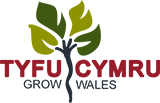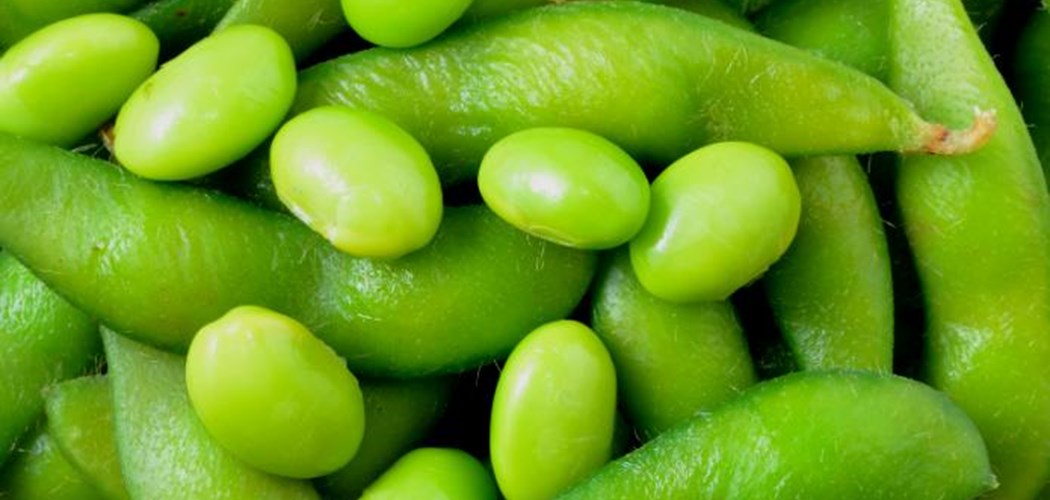
The organic market
Demand for organic produce and products in the UK has been consistently on the rise for nearly a decade, primarily driven by an increase in consumer awareness around health and environmental issues. According to a 2019 report by the Research Institute of Organic Agriculture (FiBL) and IFOAM, organic farmland saw a global growth of 20% in 2017, totalling over 2.9 million organic producers. And according to the Soil Association’s 2020 Organic Market Report, 2019 saw the biggest UK annual growth to date (4.9%), creating a market worth £2.45 billion in sales.
Understanding certification
To label products as organic, UK producers must hold a legal certificate of registration from an approved organic certification body. It is possible to run a successful non-certified operation following sustainable principles, however certifying the land/business with a recognised certification body does have additional benefits. The main financial advantage of certification is being able to sell produce at a premium to offset the extra costs associated with organic production. In addition, being able to market sustainably grown produce with the official labelling, indicates to the consumer the quality of the product and ethical and environmental values behind the production.
Regardless of best practice, labelling products as organic that are not certified by a certifying body is breaking the law and the business could be liable for prosecution.
How to become an organic producer
For conventional growers or new businesses looking to venture into this area, the initial step is to contact the approved certifying bodies to find one that suits your operation.
The largest and oldest organisation, certifying over 70% of UK organic food, is the Soil Association, followed by Organic Farmers & Growers who currently certify 50% of UK organic land.
There are also several regional and smaller UK certifying bodies including
Welsh Organic Scheme / Quality Welsh Food Certification, Organic Food Federation, Organic Trust Limited and the Irish Organic Association.
Up to date contact details for each certification body can be found on the DEFRA website or by clicking the links above.
As with most memberships, certification comes at a cost. This varies between certification bodies and can fluctuate depending on the size of operation. This fee generally covers support from a dedicated organic advisor, access to technical and administrative information, the annual inspection and access to useful resources such as marketing materials and policy guidance.
Once you’ve chosen a certifier that best suits your business, an application form can be submitted and the organic conversion process can begin.
The conversion process for the Soil Association and Organic Farmers & Growers takes a total of two years, however there are a number of factors which could reduce this time depending on your current circumstances. Your chosen certifier will guide you through this process and offer help and advice along the way.
Useful resources
Soil Association Horticulture Conversion Guide
Organic Farmers & Growers – Organic Production
Quality Welsh Food Certification – Applying for certification
Organic Growers Alliance
Related Pages
Organic Market Report 2019 - Insights
A report by the Soil Association revealed that the UK organic market is now worth £2.33 billion with a 5.3 percent growth in 2018...
3/19/2020 12:46:55 PM
